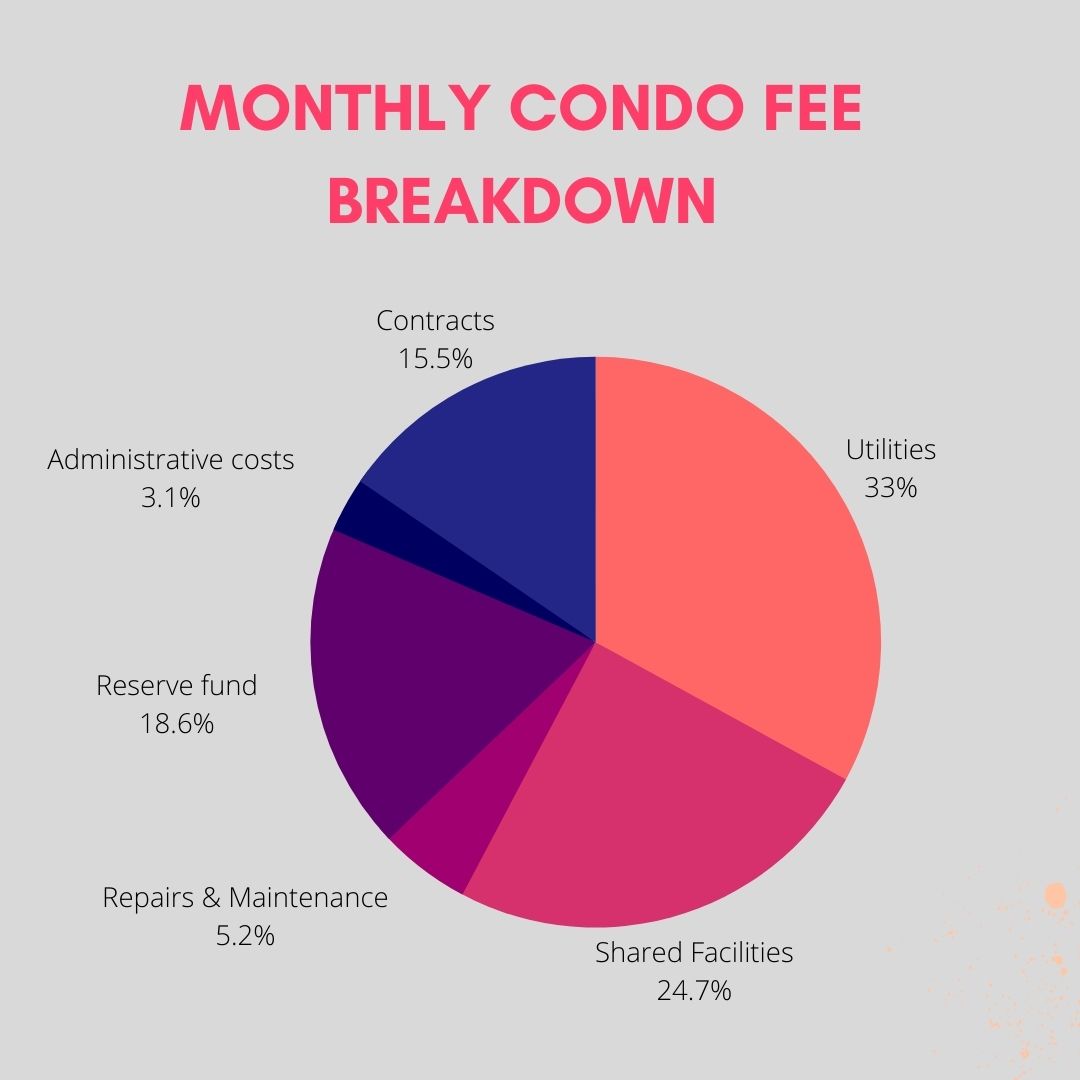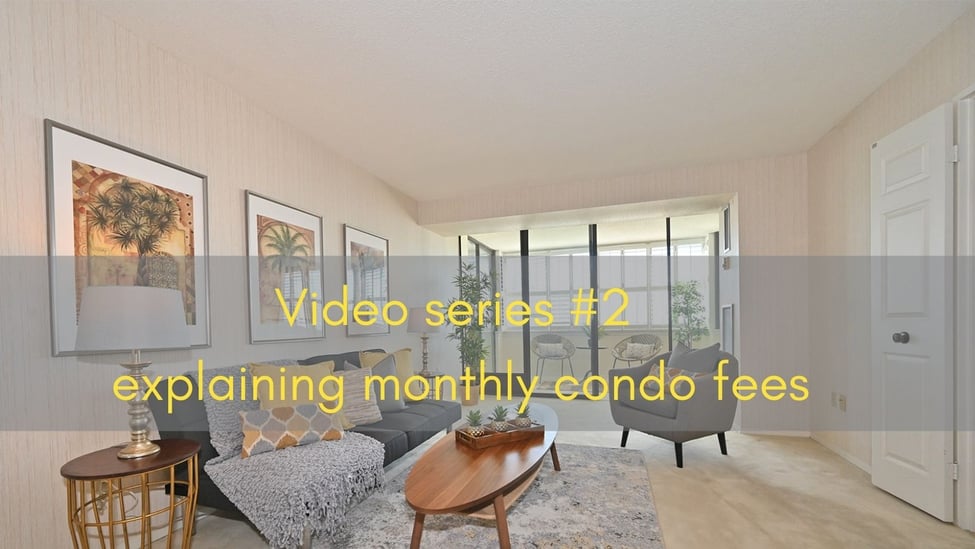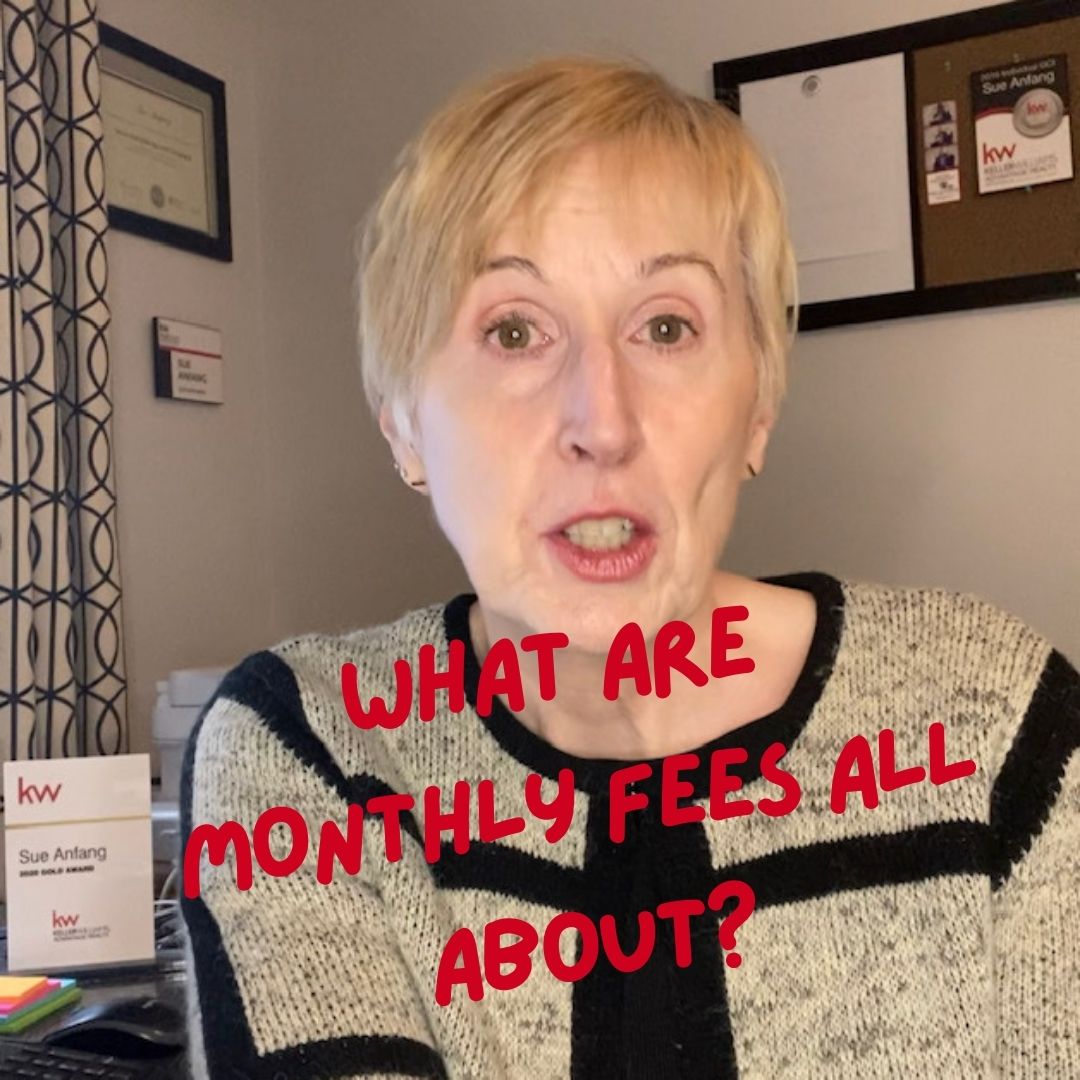What's a unicorn got to do with Real Estate? Read on to find out!
This question is one of the biggest ones I get when I sit down with clients, and that is whether it’s better to buy first or sell their current home first.
Even if new clients aren’t thinking this through; especially in fluctuating markets this is definitely something that should be given careful consideration.
There’s no one size fits all answer, but there are definitely ways to figure out the best answer for you. In no particular order, here are some things to consider when mulling this question over….
What’s your risk tolerance?
If you’re comfortable carrying two properties at once (even for a short period), buying first may be an option. However, if carrying two mortgages is not financially feasible or too stressful, selling first ensures you know exactly what to budget for your purchase.
How do you judge your risk tolerance anyway? Here are some questions to ask yourself:
• How is your financial stability? If you lost your job, would you have enough savings to cover your expenses for a few months, or do you manage paycheck to paycheck. If you have a healthy emergency fund and a steady income, you might tolerate more financial risk, like carrying two mortgages temporarily. If unexpected expenses (like staging costs, temporary housing, or bridge financing fees) would put a strain on your finances, selling first might be the safer option.
• What is your emotional Response to Uncertainty – How would you respond to this? Imagine you’ve booked a vacation but don’t yet have a hotel reservation. Are you comfortable finding one last-minute, or does the uncertainty stress you out? If you need things planned in advance, you might struggle with the unpredictability of buying before selling.
At the time I’m writing this, the world is an uncertain place. We are feeling it in real estate as many buyers are sitting on the sidelines just waiting to see what’s going to happen. Imagine you buy a new home first, but your current home sits on the market longer than expected. Would you stay calm knowing it will sell eventually, or would sleepless nights and stress take over? If uncertainty makes you anxious, selling first could be the smarter choice.
• How do you invest? Do you prefer putting your money into high-risk stocks or experiment with cyber currency for big potential returns, or do you stick with safer options like fixed rate GICs? If you naturally gravitate toward safer investments, you may prefer selling first to avoid financial strain.
• Decision-Making Style - When making a big purchase like a car, do you research for months and test-drive multiple options, or do you go with your gut and buy the first one that feels right? If you take time to make careful decisions, you might be more comfortable selling first to know exactly what you can afford.
Do you think you’ll be more comfortable if you view 10-15 homes to find the perfect home, or can you make quick decisions under pressure? If you like to explore many options before deciding, buying first might be best so you don’t feel rushed after selling. But if you’re confident making fast decisions, selling first can work because you’ll be able to move quickly when the right home comes up. You’ll be making some fast decisions in real estate that may make you uncomfortable anyway, so this is important to think through
• Past Experiences with Risk -- Have you ever taken a big risk—like starting your own business or moving to a new city without a job lined up? If you’ve handled uncertainty well in the past, you might feel confident in buying before selling.
Have you handled big financial risks well in the past, like buying an investment property or flipping a home? If so, you may be comfortable with the short-term risk of owning two homes. But if past financial risks caused stress or losses, a safer approach—selling first—might suit you better.
How particular are you about your next home?
If you have very specific needs—like a certain school district, a unique property style, or a hard-to-find neighborhood—you may want to buy first. Otherwise, you risk selling your current home and not being able to find the right one when you’re ready.
How reverse engineering may help you predict how long it will take you to find a specific home
Smart realtors will take your needs and wants and look back in history to analyze the sales data over the past few years. Going back 5 years you can apply your criteria to a reverse property search to find out:
• How many homes like that have sold in the past
• What prices did they sell for
• Did they sell in competition because they are rare?
• What did they look like inside
• How often do they come up for sale
This way you can give yourself a ‘reality check’. It helps to know a few things that just make sense, like:
• In a low turnover neighbourhood or condo where people live a long time it’s less likely to find something sell that’s renovated
• In a demand school district homes will be more expensive than in the catchment districts that border it
• New construction may sell for a higher per sq ft price than resale
• A renovated home will cost more than an unrenovated home
A good example of this is a reverse search I did for a senior looking to rent in a specific condo building. A reverse search showed that there are very few condos that rent privately (2-3 every 4 years) Therefore it’s unlikely a condo in their budget would be available when they wanted to move. That way they could adjust their plans.
What’s the market like?
For many people, the sale price of their current home determines what they can afford to buy next. If the market is in flux, it makes sense to sell and buy in the “same market” – that way market conditions will benefit you (whatever they are) on both transactions.
How do you know what the market is like?
Because news articles may focus on the negative & real estate can be very specific to neighbourhood it’s best to talk to a realtor that has listings, is active with buyers and sellers and is familiar with your area. Or has been recommended to you.
In slow markets, if you’re like most people you don’t want a realtor that will make unrealistic promises just because they are hungry for business.
If you're house hunting in Toronto, there are a couple of other realtors that write excellent blogs with market information; many of these have articles on a variety of topics going back years.
Toronto Realty Blog - if you can get through his style of writing (long wind-ups to the meat & a bit of pretention) there good information
The Refined Real Estate Team Blog - Jeff is a colleague at my brokerage and his analytical style of examining the market shows his financial background. He looks at thing with not only a "what happened" but "what did it feel like" view. His focus is really on central Toronto.
The BREL team Blog - another central Toronto blog; but I find the real estate articles are on a wide range of topics and written in a straightforward style.
Are you unicorn hunting?
If your dream home is a rare find—such as a waterfront property, a century home, or a condo in a specific building—waiting to sell before buying might mean missing out. In this case, you may choose to buy first; prepare your home when you start your search, so once you’ve put in an offer so you can list right away.
If you’re unicorn hunting, a reverse engineering approach may be helpful. It’s also helpful to keep an open mind and look not only at a 100% unicorn, but see if a 50% horse/50% unicorn may work for you as well. Or perhaps you can buy a horse and transform it over time to your personal unicorn!
Buying before selling
Allows you to take your time finding the perfect home without feeling pressured to settle. You can move in at your own pace and avoid temporary housing. However, this approach carries financial risk—you may need to qualify for two mortgages or rely on bridge financing. If your current home doesn’t sell as quickly as expected, you may be stuck covering two mortgages for longer than anticipated.
Pro Tip: If you're interested in what homes are selling for to do research, my website has a 'sold' feature that's really helpful. You can set up a property search that will only send you homes that have sold in your area, community or neighbourhood. It's a great way to stay on top of pricing!
Just sign up here:
www.SueAnfang.com You can even download a GPS enabled app to your phone that will bring up sold & available properties when you're out and about.
Selling first
This eliminates the risk of carrying two mortgages and provides a clear budget for your next home. You’ll know exactly how much equity you have to work with, reducing financial uncertainty. However, it also means you might need temporary housing or feel pressured to buy quickly, which can lead to settling for a home that isn’t quite right.
If you're interested in what homes are selling for in your area, my website has a 'sold' feature that's really helpful. You can set up a property search that will only send you homes that have sold in your area, community or neighbourhood. It's a great way to stay on top of pricing!
Just sign up here:
www.SueAnfang.com You can even download a GPS enabled app to your phone that will bring up sold & available properties when you're out and about.
Is Bridge Financing Right for You?
Bridge financing is a short-term loan that helps cover the gap between buying a new home and selling your existing one. It can be a good option if you have firm closing dates that don’t align or if you need flexibility. However, bridge loans come with interest costs and eligibility requirements, so it’s essential to discuss this option with your mortgage advisor before deciding.
Pro tip: Have a backup plan
Whichever way you go, it’s smart to have a contingency plan. If you buy first, consider bridge financing or a rental option if your home doesn’t sell right away. If you sell first, consider a long closing, or look into short-term rentals or family accommodations in case you need extra time to find your next home.
Ask an expert
While the answer may be different for everyone, discussing your situation with a knowledgeable realtor can help you decide the best approach. If you have questions about your own situation, or if you’re helping a family member navigate a move, feel free to call me at 416-562-5002. My website blog and YouTube channel also have lots of helpful articles.
About Sue Anfang




